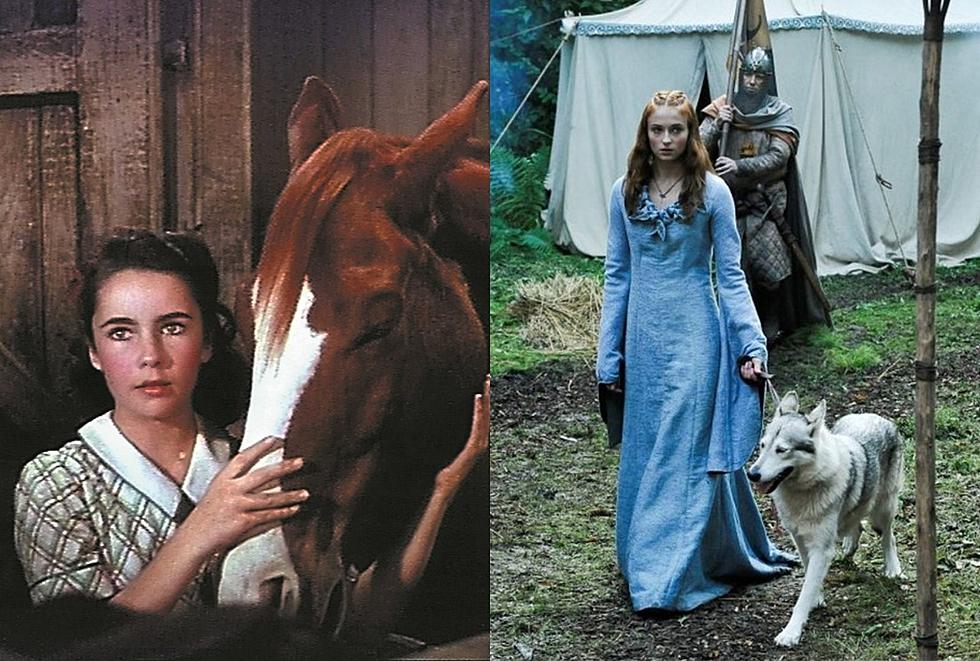
‘Game of Thrones’ Star Emilia Clarke Reveals Brain Aneurysms
Game of Thrones star Emilia Clarke revealed she suffered two life-threatening aneurysms in her 20s.
In a shocking new essay for The New Yorker, the actress—who's notoriously private about her personal life—opened up like never before, sharing details about how she survived not one, but two brain aneurysms. The first happened when she was 24 years old, shortly after she finished filming season one of GoT. She said she was working out at the gym when she suddenly felt a severe headache coming. She tried to push through it, but soon felt "violently, voluminously ill." She knew something was wrong so she was rushed to the ER where she was sent for an MRI.
"The diagnosis was quick and ominous: a subarachnoid hemorrhage (SAH), a life-threatening type of stroke, caused by bleeding into the space surrounding the brain. I'd had an aneurysm, an arterial rupture," Clarke writes.
"I remember being told that I should sign a release form for surgery. Brain surgery? I was in the middle of my very busy life—I had no time for brain surgery. But, finally, I settled down and signed. And then I was unconscious. For the next three hours, surgeons went about repairing my brain. This would not be my last surgery, and it would not be the worst," she explained, revealing that she couldn't even remember her name when she woke up.
Clarke also admitted that in her darkest moments, she asked the medical staff to let her die. Unfortunately, doctors also told her she had a "smaller aneurysm" on the other side of her brain that could "pop" at any time. She told her bosses what was going on, but said she wanted her condition to remain private. "Even before we began filming Season 2, I was deeply unsure of myself. I was often so woozy, so weak, that I thought I was going to die," she writes. "If I am truly being honest, every minute of every day I thought I was going to die."
After filming season three, a follow-up brain scan revealed her aneurysm had doubled in size, and that she needed another surgery. "The procedure had failed," Clarke writes. "I had a massive bleed and the doctors made it plain that my chances of surviving were precarious if they didn't operate again. This time they needed to access my brain in the old-fashioned way—through my skull. And the operation had to happen immediately."
Now, Clarke says she's recovered fully. "In the years since my second surgery I have healed beyond my most unreasonable hopes," she writes. "I am now at a hundred percent."
Then & Now: The Cast of 'Game of Thrones'
More From WDBQ-FM










